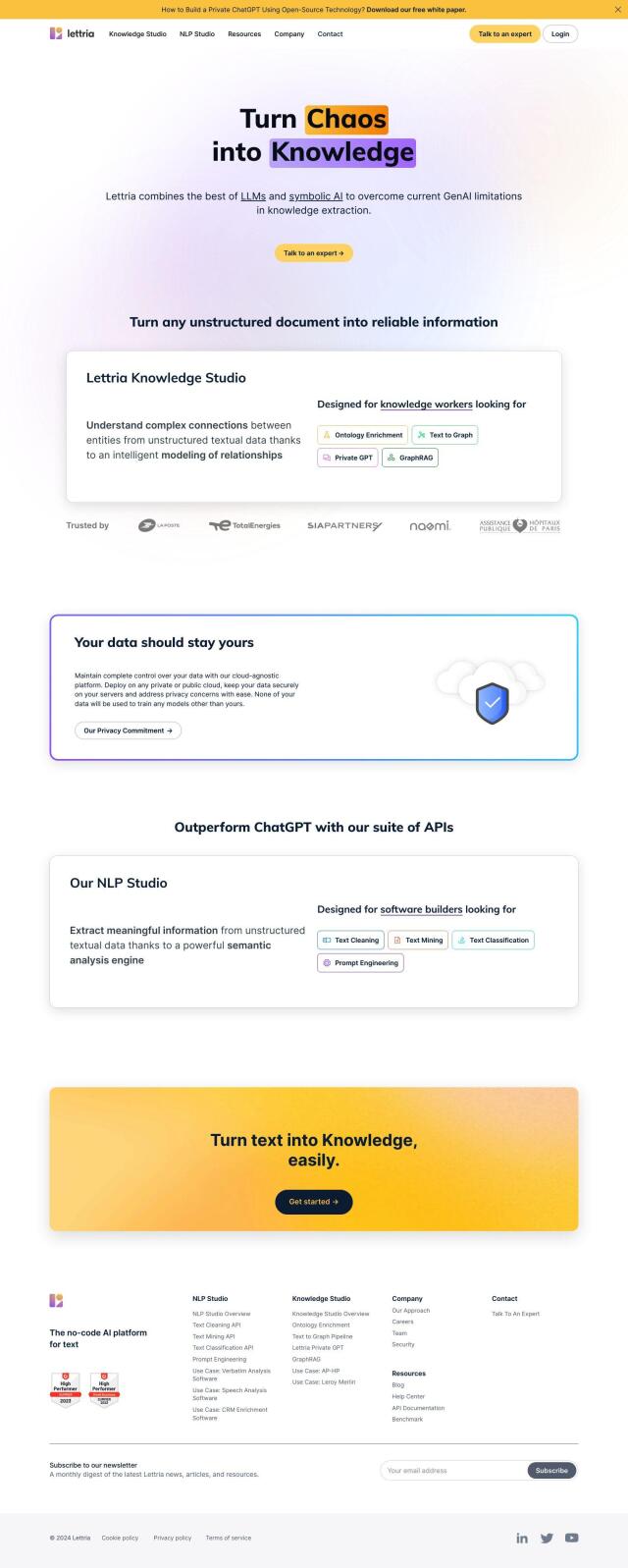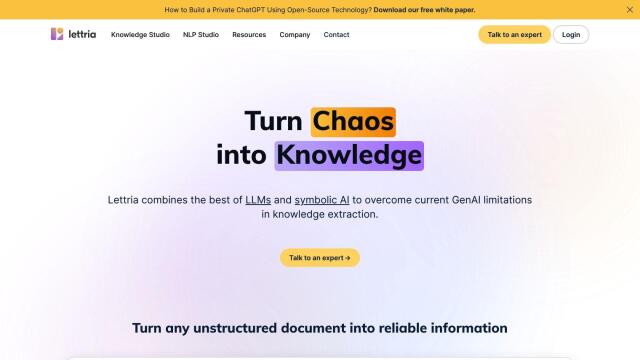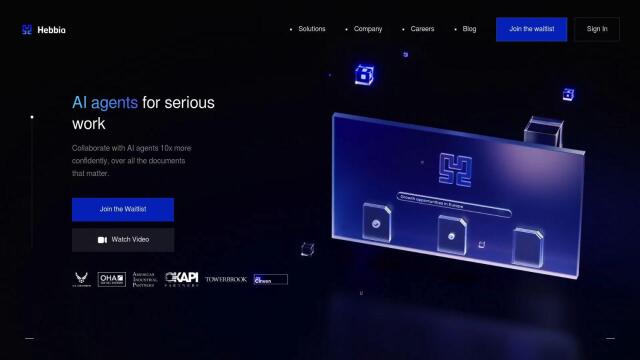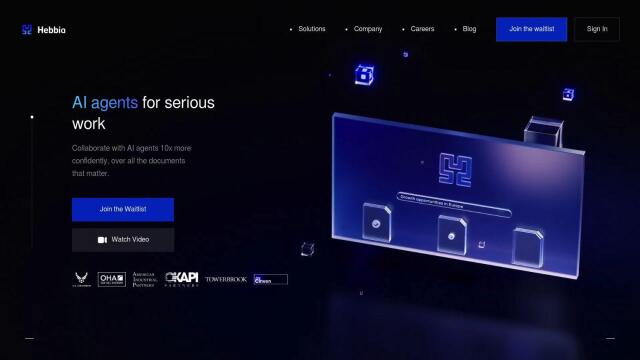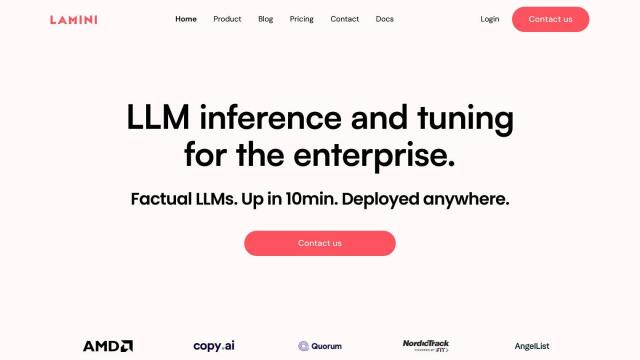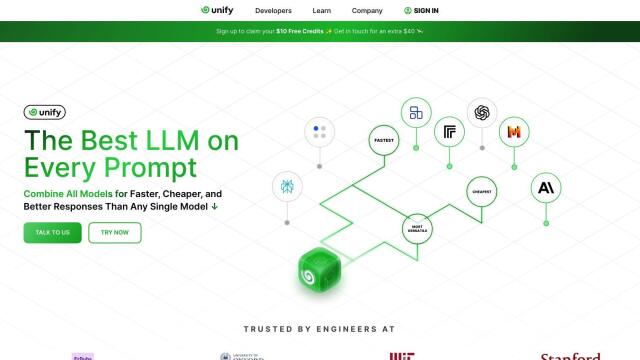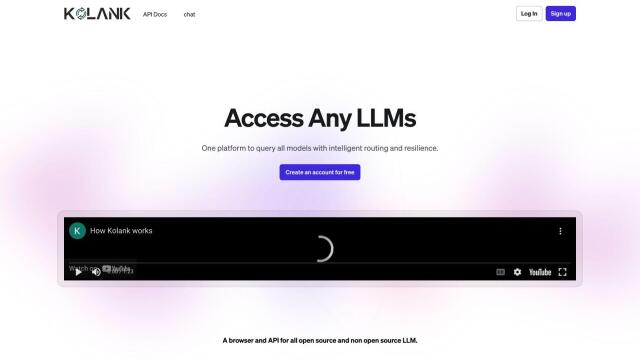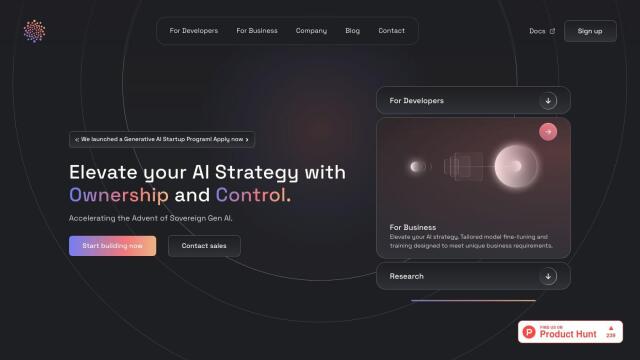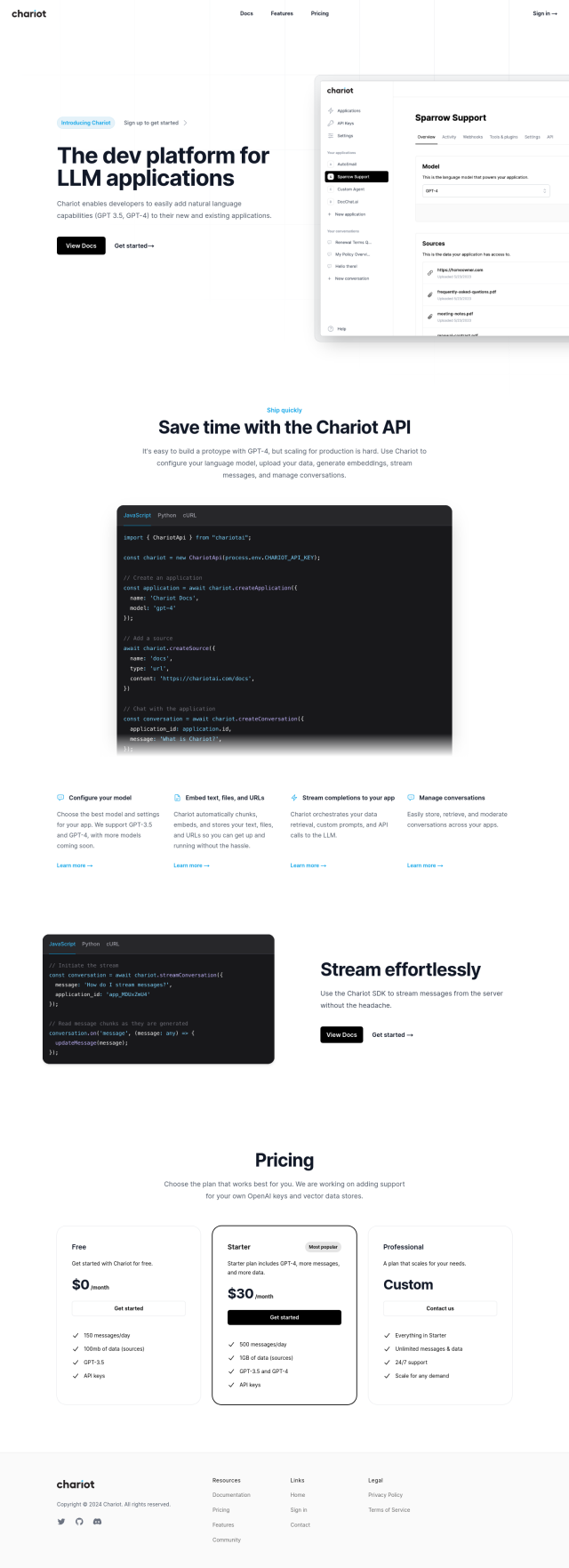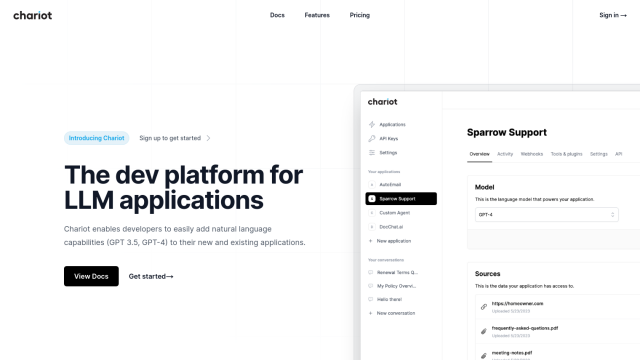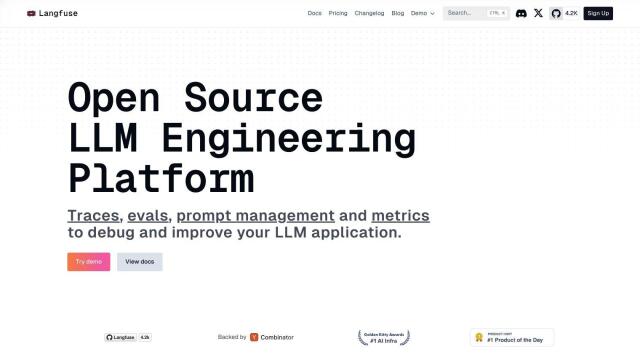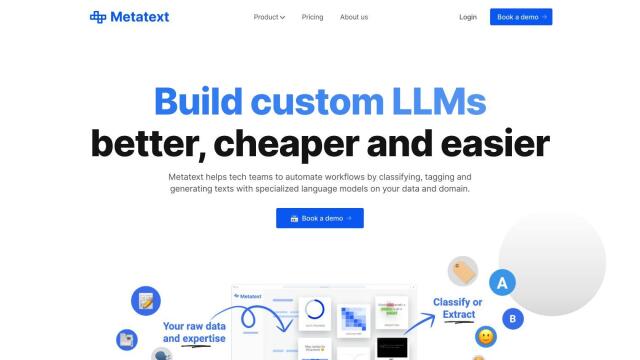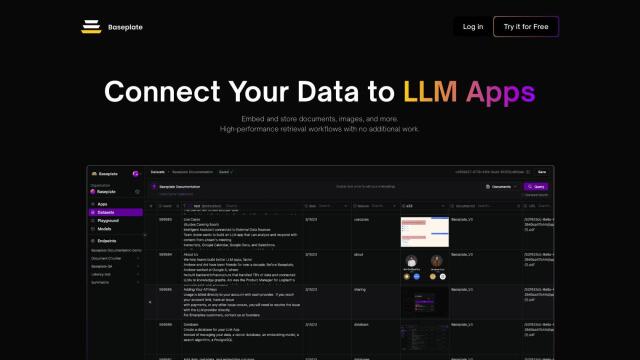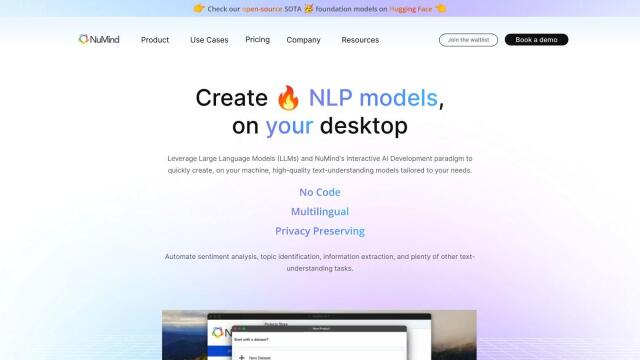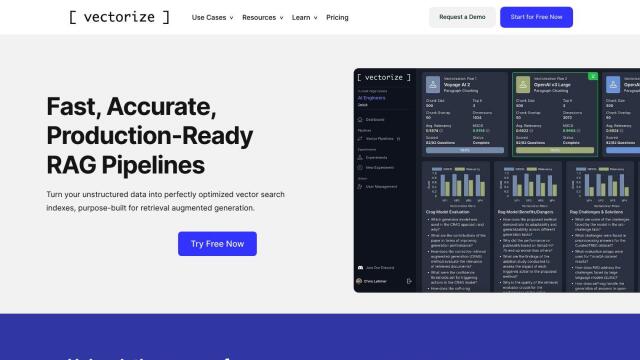Question: I need a solution that can integrate large language models into structured NLP pipelines for efficient text processing.

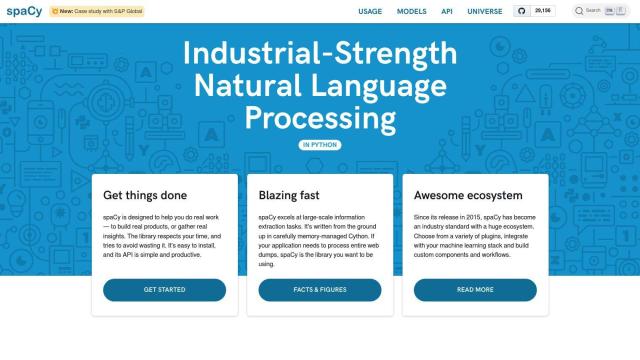
spaCy
If you're trying to find something to marry large language models to structured NLP pipelines for processing text, spaCy is a top contender. It's a free, open-source Python library that works with more than 75 languages and comes with 84 trained pipelines for 25 languages. spaCy has a lot of built-in features like named entity recognition, part-of-speech tagging, dependency parsing and word vector computation, so it's good for large-scale information extraction tasks. It can be easily integrated with custom models built with PyTorch, TensorFlow and other frameworks, and comes with built-in visualizers for syntax and NER.
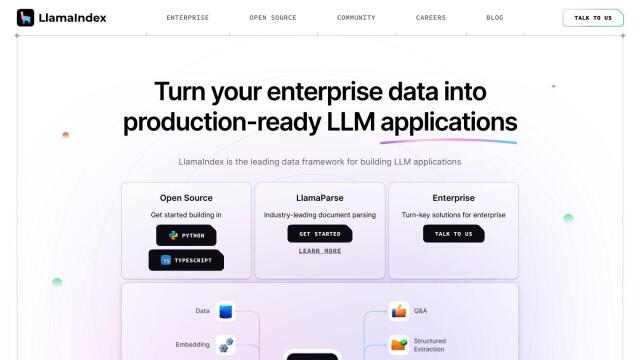
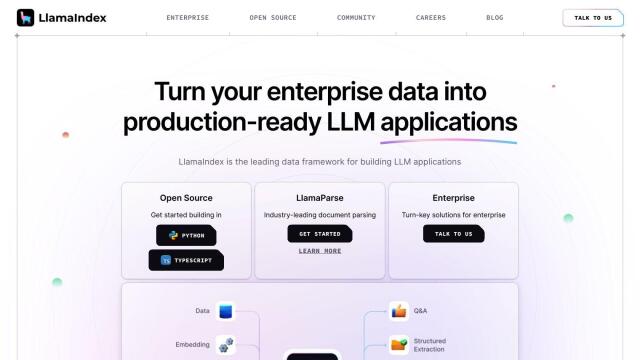
LlamaIndex
Another good option is LlamaIndex, a data framework that lets you connect your own data sources to large language models (LLMs) for production LLM use cases. It can connect to more than 160 data sources and 40 vector stores, document stores, graph stores and SQL database providers. LlamaIndex includes data loading from a variety of sources, data indexing for different use cases, and querying for production LLM workflows. It's good for financial services analysis, advanced document intelligence, enterprise search and conversational assistants.
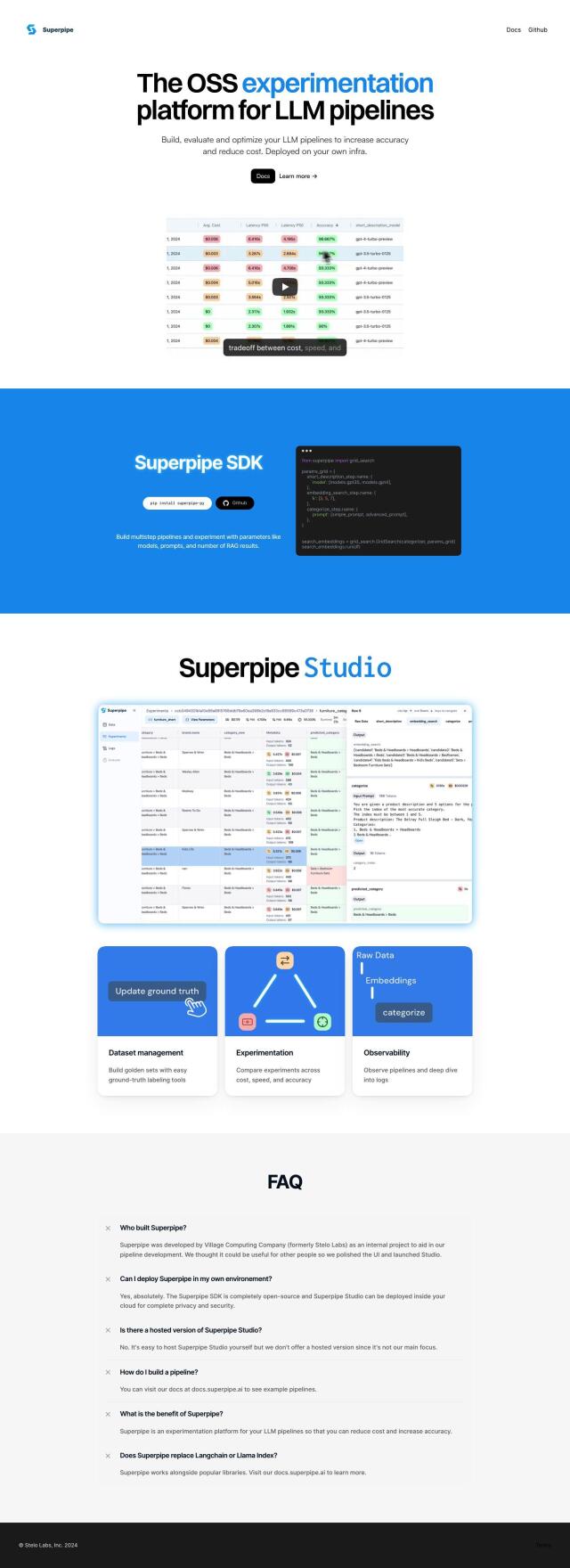
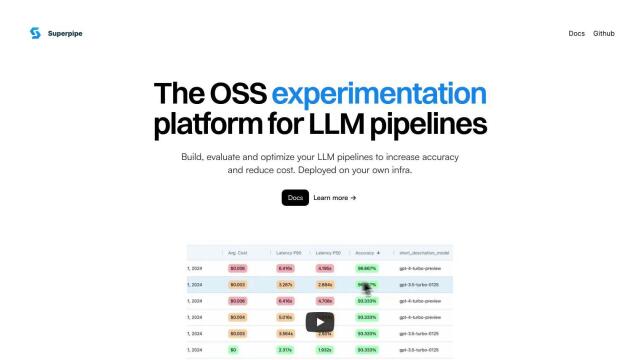
Superpipe
Superpipe is another contender. This open-source experimentation platform lets you optimize LLM pipelines by creating, testing and deploying them on your own infrastructure to reduce costs and improve results. Superpipe includes tools like the Superpipe SDK for building multistep pipelines and Superpipe Studio for managing datasets, running experiments and monitoring pipelines with observability tools. It's designed to work with libraries like Langchain and Llama Index, so it's a good all-purpose tool for optimizing LLM pipelines quickly and cheaply.


Predibase
Last, Predibase is a cost-effective and efficient way to fine-tune and serve LLMs for specific tasks like classification, information extraction and code generation. It supports state-of-the-art techniques like quantization and low-rank adaptation and offers a cost-effective serving infrastructure with free serverless inference and enterprise-grade security. It supports a wide range of models and operates on a pay-as-you-go pricing model, so it's a practical choice for plugging LLMs into your NLP pipeline.


